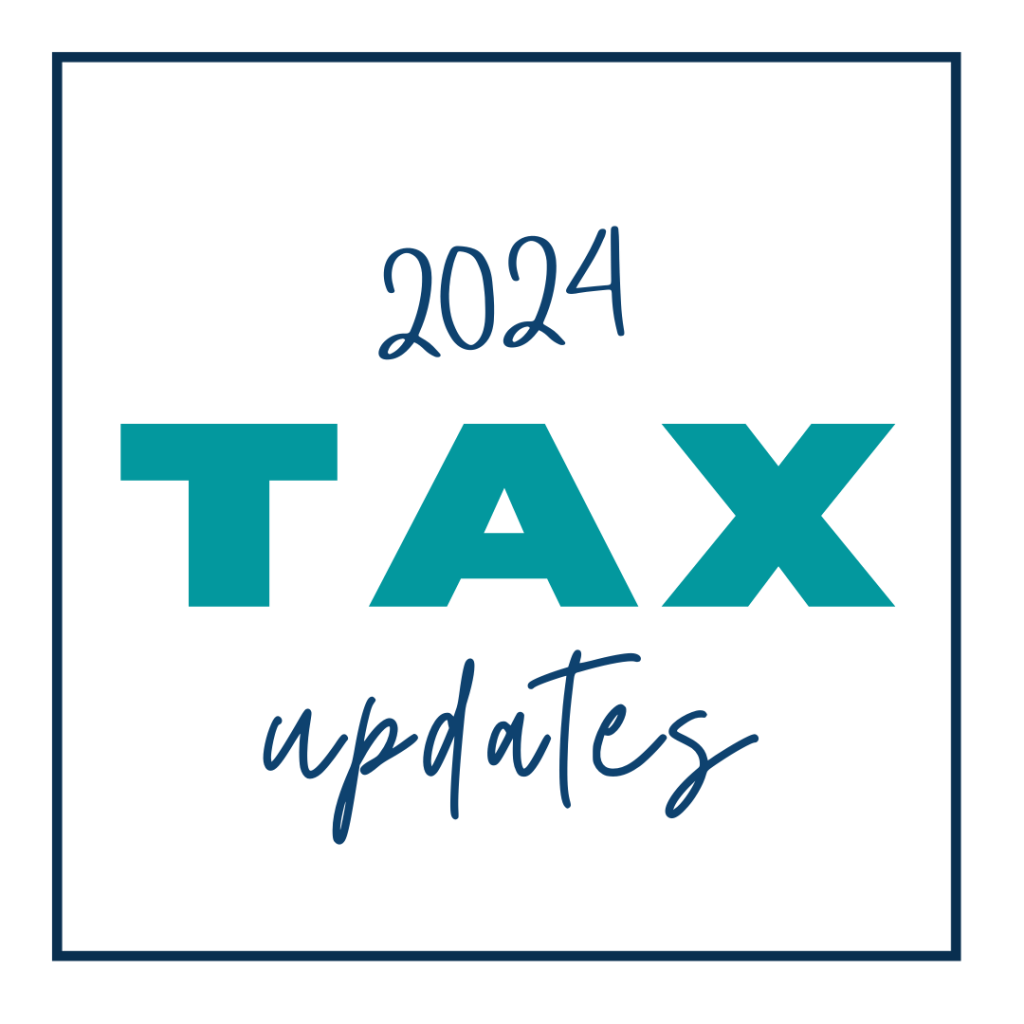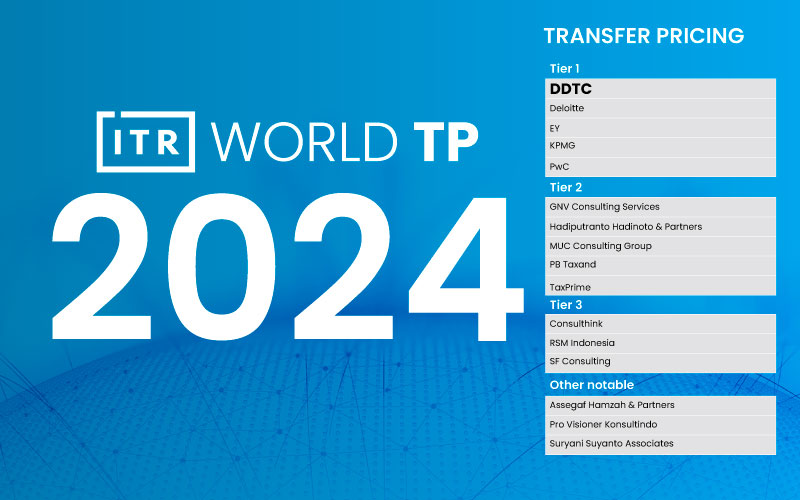Taxwise 2024 marks a significant shift in the tax landscape, bringing with it new regulations, rates, and deductions. Understanding these changes is crucial for individuals and businesses alike, as they can impact financial planning, tax strategies, and overall financial well-being.
Table of Contents
This guide provides a comprehensive overview of the key changes in tax laws for 2024, offering insights into how they might affect different income levels, business structures, and financial goals. We will explore strategies for maximizing deductions, minimizing tax liability, and staying compliant with the new regulations.
Taxwise 2024


The tax landscape is constantly evolving, and technology is playing a pivotal role in shaping the way we prepare and file our taxes. In 2024, embracing technological advancements will be crucial for navigating the complexities of tax compliance and maximizing your financial well-being.
Technological Advancements in Tax Preparation and Filing, Taxwise 2024
Technology is transforming the tax preparation and filing process, offering enhanced efficiency, accuracy, and convenience. Tax software, online platforms, and digital tools are becoming increasingly sophisticated, empowering taxpayers to manage their finances effectively.
- Artificial Intelligence (AI): AI-powered tax software analyzes financial data, identifies potential deductions and credits, and automates complex calculations, minimizing errors and freeing up time for taxpayers. For example, AI can analyze your income and expenses to suggest the most advantageous tax filing status, ensuring you claim all applicable deductions and credits.
- Cloud-Based Solutions: Cloud-based tax software enables access to your tax information from any device, facilitating collaboration with tax professionals and streamlining the filing process. You can access your tax documents, track your progress, and receive updates on tax-related matters from anywhere with an internet connection.
- Mobile Apps: Mobile apps provide convenient and accessible tools for managing taxes on the go. You can scan receipts, track expenses, calculate estimated taxes, and receive tax-related alerts, simplifying tax management throughout the year.
Taxwise 2024


Navigating the complexities of taxes can be overwhelming, and often, misconceptions and myths cloud our understanding. This section aims to dispel common tax myths and misconceptions, providing you with accurate information and practical advice to optimize your tax strategy and avoid costly mistakes.
Tax Myths and Misconceptions
It’s crucial to base your tax decisions on accurate information, not on hearsay or outdated beliefs. Here are some common tax myths and the truth behind them:
- Myth: If I don’t get audited, I don’t need to keep my records.
Truth: The IRS can audit you for up to three years after you file your return, even if you haven’t been audited before. Keeping accurate records is essential for proving your deductions and credits, should you be audited. - Myth: If I’m self-employed, I don’t have to pay estimated taxes.
Truth: Self-employed individuals are required to pay estimated taxes throughout the year, even if they don’t have a traditional employer withholding taxes. Failure to do so can result in penalties. - Myth: I can claim my child as a dependent if they live with me for most of the year.
Truth: While residency is a factor, there are other requirements for claiming a child as a dependent, including age, financial support, and citizenship. - Myth: I can deduct all my business expenses on my tax return.
Truth: Only expenses that are ordinary and necessary for your business are deductible. Certain expenses, such as personal expenses or expenses that are not directly related to your business, are not deductible. - Myth: I can’t claim any deductions if I’m filing as “married filing separately.”
Truth: While some deductions are limited or not available when filing separately, you can still claim certain deductions, such as the standard deduction, charitable contributions, and medical expenses.
Tax Filing Tips
Taking proactive steps can help you maximize your tax benefits and avoid costly mistakes.
- Gather all relevant documentation: This includes W-2 forms, 1099 forms, receipts for deductions, and any other documents that support your income and expenses.
- Understand your filing status: Your filing status affects your tax liability and the deductions you can claim.
- Explore available deductions and credits: Research tax deductions and credits that apply to your situation, such as the standard deduction, itemized deductions, and credits for education, child care, or energy efficiency.
- Consider tax planning strategies: Consult with a tax professional to explore tax planning strategies that can help you minimize your tax liability and maximize your tax benefits.
- File on time: Filing your taxes on time is crucial to avoid penalties.
Taxwise 2024: Resources and Tools
Navigating the complexities of taxes can be daunting, but luckily, a wealth of resources and tools are available to help individuals and businesses understand and manage their tax obligations.
Government Websites
Government websites provide a wealth of information and resources for understanding tax laws, regulations, and filing requirements. Here are some key websites to explore:
- Internal Revenue Service (IRS): The IRS website is the primary source for all things tax-related in the United States. You can find information on tax forms, publications, regulations, and frequently asked questions.
- State Tax Agencies: Each state has its own tax agency, and their websites provide information on state-specific tax laws, forms, and deadlines.
Tax Software Providers
Tax software providers offer user-friendly tools to help you prepare and file your taxes accurately and efficiently.
- TurboTax: TurboTax is one of the most popular tax software providers, offering various plans to suit different needs.
- H&R Block: H&R Block offers both online and in-person tax preparation services, with options for individuals and businesses.
- TaxAct: TaxAct provides affordable tax preparation software with various features and support options.
Other Resources
Beyond government websites and tax software, several other resources can assist you with tax-related matters.
- Tax Professionals: Certified Public Accountants (CPAs) and Enrolled Agents (EAs) are qualified professionals who can provide expert tax advice and preparation services.
- Tax Libraries and Research Centers: Libraries and research centers often have extensive collections of tax resources, including books, journals, and databases.
- Tax Advocacy Groups: Organizations like the Taxpayer Advocate Service (TAS) can assist taxpayers with issues they may encounter with the IRS.
Tips for Effective Utilization
- Start Early: Begin gathering your tax documents and planning your tax strategy well in advance of the filing deadline.
- Utilize Online Tools: Take advantage of the many online tools available, such as tax calculators, deduction finders, and tax planning software.
- Seek Professional Help: Don’t hesitate to consult with a tax professional if you have complex tax situations or need assistance with specific tax issues.
Concluding Remarks: Taxwise 2024

As the tax landscape continues to evolve, staying informed and adapting to new regulations is essential. By understanding the intricacies of Taxwise 2024 and implementing effective strategies, individuals and businesses can navigate this new terrain successfully. Whether it’s optimizing tax strategies for retirement, maximizing deductions for businesses, or leveraging technology to simplify tax processes, this guide provides valuable insights and practical guidance for a smoother tax experience in 2024.
Taxwise 2024 is a crucial time for individuals and businesses to understand their financial obligations. One tool that can be particularly useful for managing digital assets is an Adobe ID , which can help organize and track digital documents and files.
By staying organized and informed, you can ensure a smooth and successful tax season.
